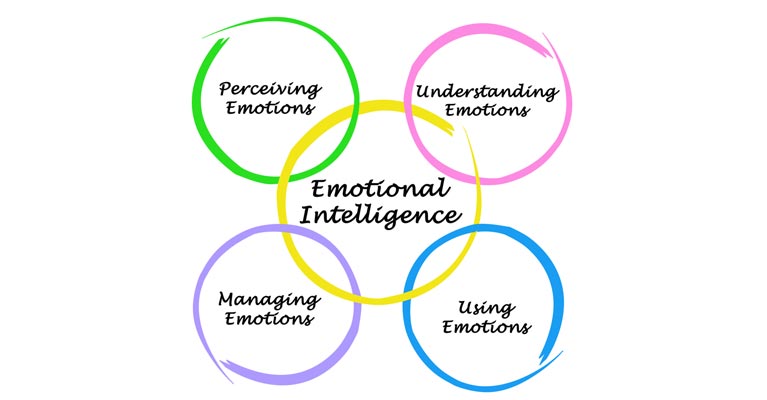I’m not a golf psychologist who likes the one way street. You know, the one theory or the one system approach. I don’t mind it if a golf client gets angry on the course – provided it works for him or her. However, if anger and frustration are emotions that don’t work for you then you need to do something with these feelings. Here’s a simple but cutting edge idea for you to manage your temper on the course.
So what do we know about anger, frustration and other emotions that might be perceived as negative on the course? What kind of impact can they have on your game?
We know that anger and frustration can work for some people. They can be a useful emotions for their golf psychology. Negative emotions can increase levels of arousal (intensity) and subsequently narrow focus. But we also know there is a tipping point – too much anger will tighten your muscles and switch off the intelligent front part of your brain (called the pre-frontal cortex – an area of your brain that I talk a lot about in my new book Golf Tough) damaging your decision making.
Quite clearly it’s important to know if anger works for you or against you. It’s also important to know exactly where your tipping point is. And it’s useful to know what to do when you pass this tipping point. Cue neuroscientist, Matt Lieberman.
Research from Neuroscience
Lieberman is a professor at UCLA. He has done some interesting work on the links between the intelligent and emotional brain. His findings from studies on anger and the brain can impact your ability to perform on the course in times of stress.
Lieberman and his team asked 30 participants to view pictures of happy, scared and angry faces. Half the time the participants attempted to match the target face with another picture of a face with a similar expression. They also tried to match the face to a word that labelled the target face’s emotion.
Now here’s the interesting part of the experiment. Lieberman conducted an FMRI scan on participants as they completed the tasks. The scans showed that when the participants labelled the emotional faces using words, there was less activity in the limbic system (the emotional brain). The use of words to label an emotion had turned down the volume of activity in the emotional brain.
Label your Emotions
What Lieberman’s study (and similar studies) have demonstrated is that one can improve the management of emotion by labelling the emotion one experiences.
Saying to yourself “I feel angry” when that feeling of anger rises to the surface is the way to splash some mental water on the emotional brain. It may not put the fire out completely but it subdues the flames.
The key to this process is describing the emotion in just a few words. This is why “I feel frustrated” or “I feel angry” is a succinct and effective way to achieve this process.
This is simple, elegant golf psychology. A simple, three word phrase after the ball has left the face of the club can help you manage the volatility of the brain.




